39 why do scientists use chromatography
Chromatography - New World Encyclopedia Chromatography (from Greek χρώμα chroma, meaning "color") is the collective term for a family of laboratory techniques for the separation of mixtures. Basically, its a group of different methods used to separate or analyze mixtures. chromatography | Definition, Types, & Facts | Britannica chromatography, technique for separating the components, or solutes, of a mixture on the basis of the relative amounts of each solute distributed between a moving fluid stream, called the mobile phase, and a contiguous stationary phase. The mobile phase may be either a liquid or a gas, while the stationary...
Chromatography- Definition, Principle, Types, Applications The first analytical use of chromatography was described by James and Martin in 1952, for the use It is a powerful separation tool that is used in all branches of science and is often the only means of separating Why is the rate of movement of mobile phase less in ascending Paper Chromatography?
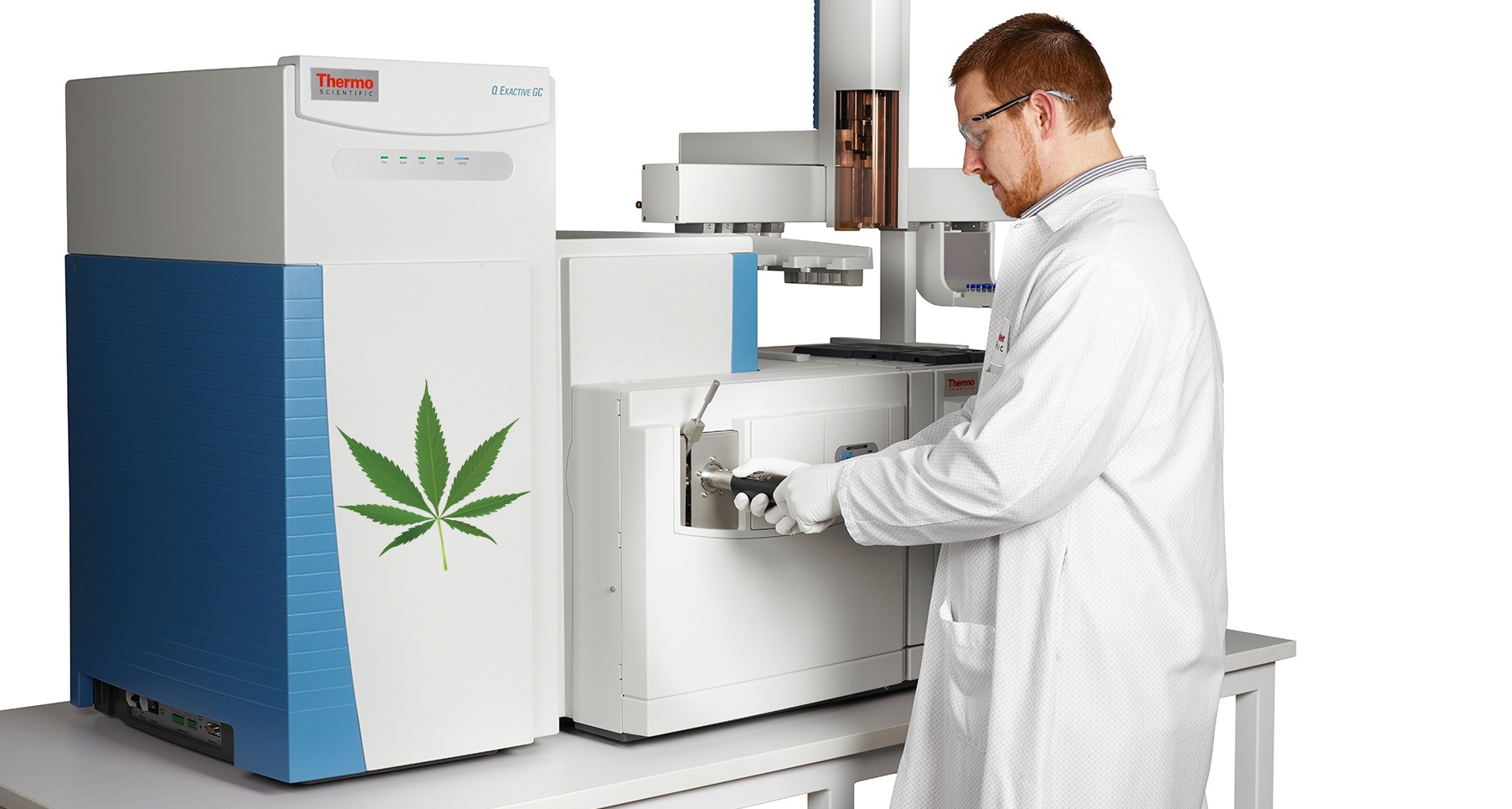
Why do scientists use chromatography
Color Chromatography Experiments | HST Chemistry Projects Chromatography is one of the simplest techniques for separating the individual components of a mixture. In chemistry, a mixture is a combination of substances that can be separated because they are not chemically bonded. As opposed to a compound, which has elements chemically bonded together. PDF untitled | Paper Chromatography Chromatography is a method used by scientists for separating organic and inorganic compounds so that they can be analyzed and studied. By analyzing a compound, a scientist can figure out what makes up that compound. Chromatography Flashcards | Quizlet Start studying Chromatography. Learn vocabulary, terms and more with flashcards, games and other study tools. Why do scientists use chromatography? To observe a mixture by separating it. What is the RF formula?
Why do scientists use chromatography. What Is Paper Chromatography and How Does it Work? - Owlcation Chromatography is used in both qualitative and quantitative analysis of both organic and inorganic samples. This technique uses two types of substances holie on December 04, 2019: if your dye is soluble in water why did they separated. Jhoan on August 11, 2019: What is the use of filter paper? Gas Chromatography: Principles, Types and Working Gas Chromatography or Gas Liquid Chromatography is a technique applied for separation, identification and quantification of components of a mixture of organic compounds by selective partitioning between the stationary phase and mobile phase inside a column followed by sequential... Chromatography: Be a Color Detective - Scientific American Bring Science Home. Chromatography: Be a Color Detective. A colorful project from Science Buddies. Key concepts Colors Solutions Molecules Chromatography Primary colors. Introduction Do you love to use bright and vibrant colored art supplies such as markers or paints? PDF Ink Chromatography Scientists use chromatography to separate mixtures. Note: There are many types of chromatography; some test liquids, gases, etc. Why or why not? 4. Did any of the marker samples have the same chromatography results? If so, which ones?
What is Chromatography and How Does It Work? | From Art to Science From Art to Science. Chromatography was initially used by artists, color theorists and artisans hoping to perfect industrial dyes for textiles. With time, it also spawned a unique branch of chemistry, and with it, the techniques used today to understand and purify mixtures. How do forensic scientists use chromatography? - Answers Scientists use chromatography for separating mixtures and other things like ink. The colors of a green leaf can also be removed using chromatography. They use it in laboratories to figure out what is soluble or what can be separated. PDF C8 CHEMICAL | Figure 1 shows the apparatus she used. Chromatography can be used to separate components of a mixture. (a) A student used paper chromatography to analyse a black food colouring. (c) Caffeine can be separated from the other compounds in the drink by gas chromatography. Why do different compounds separate in a gas... Why Does Chromatography Work? | Sciencing Chromatography separates molecules using molecular structure and behavior in a mobile phase. Chromatography separates materials (including DNA, chlorophyll and pen inks) because of differences in molecule polarity, size, bonds and shapes. Molecules in solvents travel and deposit at different rates.
What is the difference between column chromatography and solid... I have run column chromatography experiments while in chem classes throughout my time in undergrad but haven't heard of solid phase extraction until recently. When I looked it up it sounds like the same thing. What is the difference, if any? How does Chromatography work? - Types, Uses and Applications Uses of TLC. Thin layer chromatography can be used for: Determine the number of components in a given mixture. To monitor reaction progress. In general chromatography allows scientists and other technicians to separate and analyze the various components of given compounds. Why do scientists use chromatography? - Brainly.com Scientists use chromatography to separate organic and inorganic compounds for further analysis. What are the uses of chromatography in science? - Quora Scientists used Chromatography in the fight against the Ebola virus, responsible for over 11,000 deaths, to develop the experimental immunisation Zmapp. The process was used to find out which antibodies are the most effective at neutralising the deadly virus.
Chromatography - Analysing and identifying substances - AQA... Paper chromatography is used to separate mixtures of soluble substances and to provide information on the possible identity of the substances present in the mixture. These are often coloured substances such as food colourings, inks, dyes or plant pigments.
PDF Chromatography and Size Types of chromatography Gas chromatography. 4 Fingerprinting nail varnish 4 Modifying PVC 4 Chapter 5 - FAQs. All the different forms of chromatography that scientists use today describe the use of different mobile and stationary phases. Who uses GPC/SEC, what for and why.
Why Do Scientists Use Chromatography - Free Catalogs A to Z 4 hours ago Why do detectives use chromatography? Police forensic scientists really do use chromatography to identify substances found at crime 4 hours ago Why Do Crime Labs Use Gas Chromatography? Gas chromatography is used in forensic investigations to determine whether a...
paper chromatography Chromatography is used to separate mixtures of substances into their components. All forms of chromatography work on the same principle. They all have a stationary phase (a solid, or a liquid supported on a solid) and a mobile phase (a liquid or a gas).
what is chromatography by aimen younis What is chromatography? Why do scientists use chromatography? Chromatography can be used to separate mixtures to create colors and compounds. Mixtures that are suitable for separation by chromatography include inks and dyes in food.
Column Chromatography - Principle, Definition, Types, Applications... Column chromatography is used by an organic chemist to separate liquids and solids from a solution. Chromatography is one of the most widely used techniques that are used for separating the To get to know more about this phenomenon the German scientists conducted various...
How to Do Simple Chromatography: 10 Steps (with Pictures) Chromatography is used in actual scientific labs for various reasons, and can actually become quite complex. Why does this work? Different colored pigments have different forms on the molecular level and are pulled across the paper differently due to the difference in the relative affinity of components...
Chromatography - Wikipedia Thin-layer chromatography is used to separate components of a plant extract, illustrating the Chromatography was first devised in Russia by the Italian-born scientist Mikhail Tsvet in 1900.[8] He Chromatography - a physical method of separation that distributes components to separate...
Chromatography in Forensic Science Chromatography is the process by which compounds within a mixture are separated. This article looks at its uses within forensic science.
Chromatography - Explain that Stuff How does chromatography work? Think of chromatography as a race and you'll find it's much simpler than it That's why the stationary phase is often something with a large surface area, such as a sheet of (Like all great scientists, Tswett used and built on techniques developed by earlier researchers...
Thin Layer Chromatography - Chemistry LibreTexts Thin layer chromatography (TLC) is a chromatographic technique used to separate the components of a mixture using a thin stationary phase supported by an inert backing. It may be performed on the …
PDF Forensics: Ink Chromatography Lab Forensic scientists are able to use ink chromatography to solve crimes by matching documents or stains Now test the unknown ink sample using chromatography and use your Reference Table to match Why or why not (use your forensic words)? 3. Did any of the marker samples have the same...
Chromatography Flashcards | Quizlet Start studying Chromatography. Learn vocabulary, terms and more with flashcards, games and other study tools. Why do scientists use chromatography? To observe a mixture by separating it. What is the RF formula?
PDF untitled | Paper Chromatography Chromatography is a method used by scientists for separating organic and inorganic compounds so that they can be analyzed and studied. By analyzing a compound, a scientist can figure out what makes up that compound.
Color Chromatography Experiments | HST Chemistry Projects Chromatography is one of the simplest techniques for separating the individual components of a mixture. In chemistry, a mixture is a combination of substances that can be separated because they are not chemically bonded. As opposed to a compound, which has elements chemically bonded together.
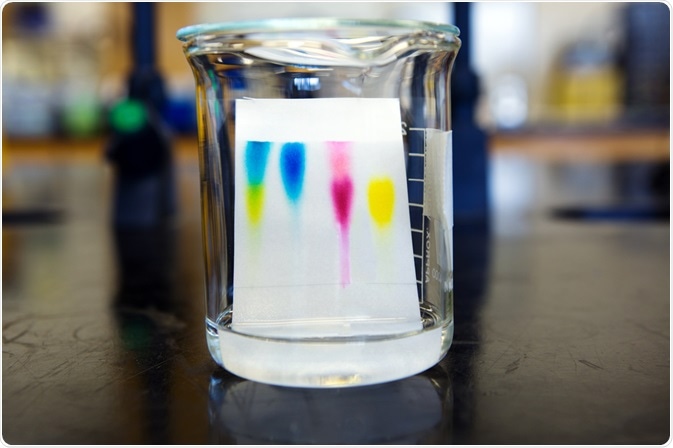
.jpg)



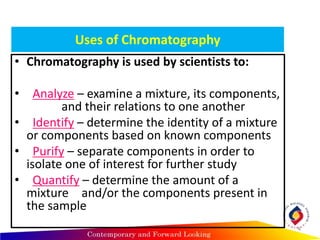

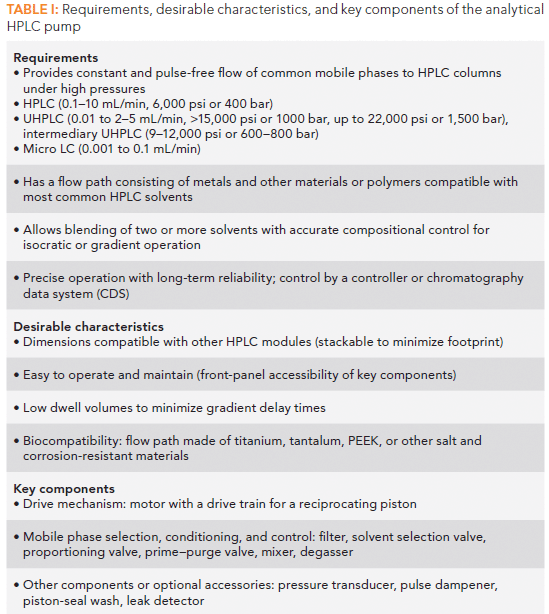

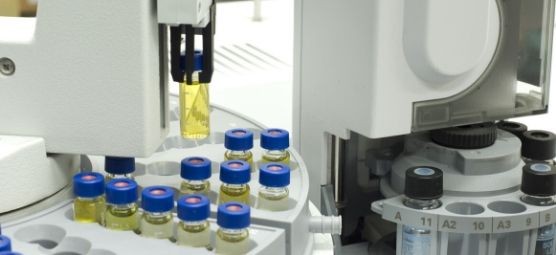
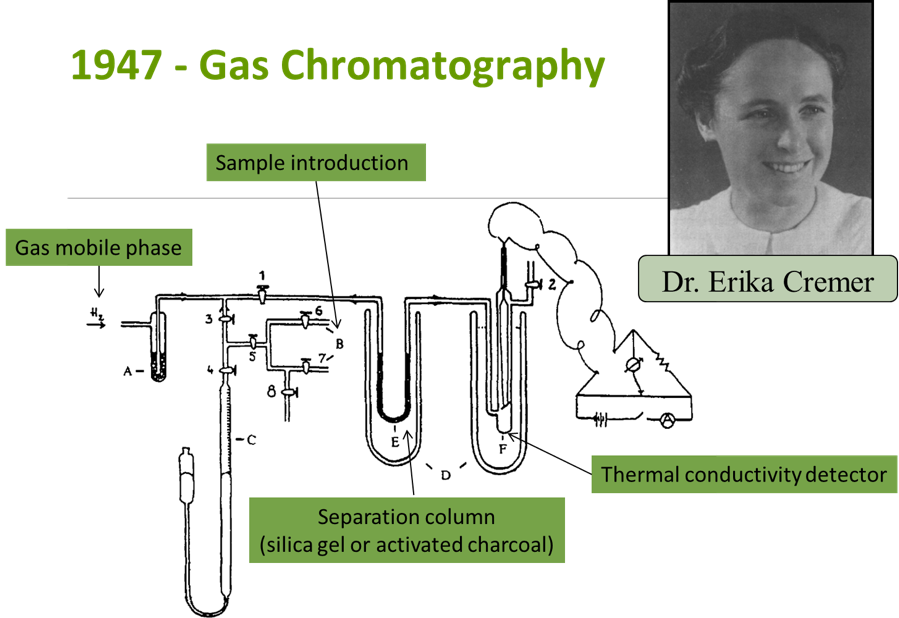




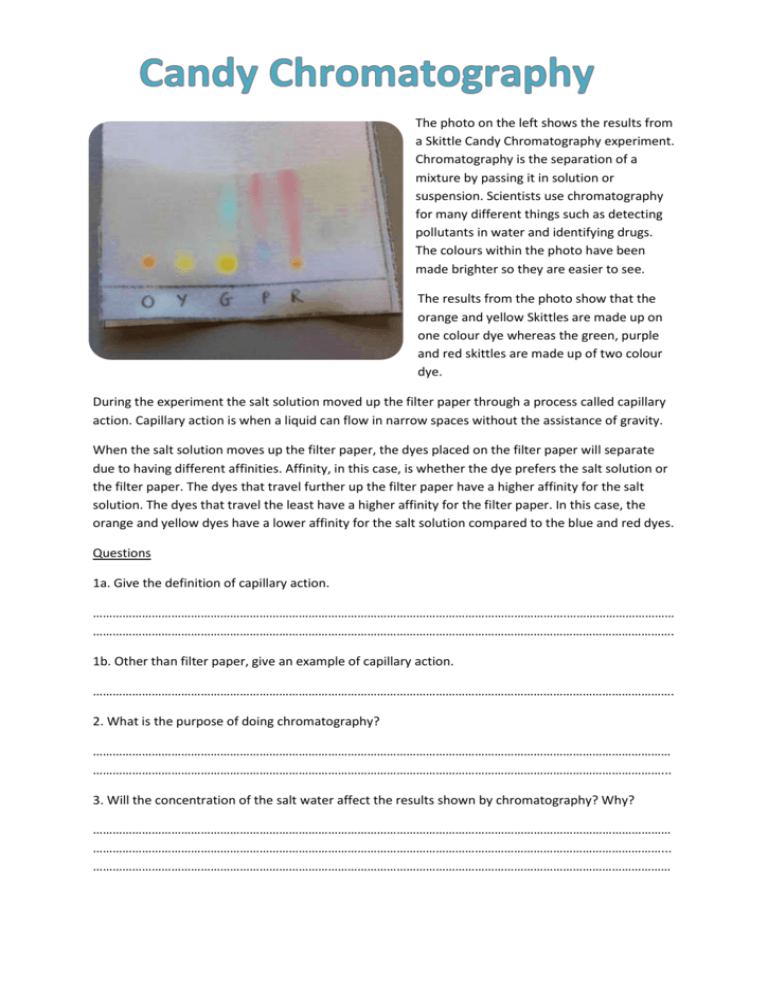
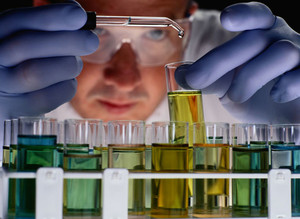
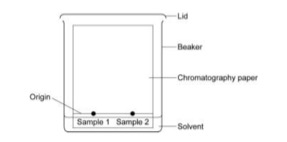






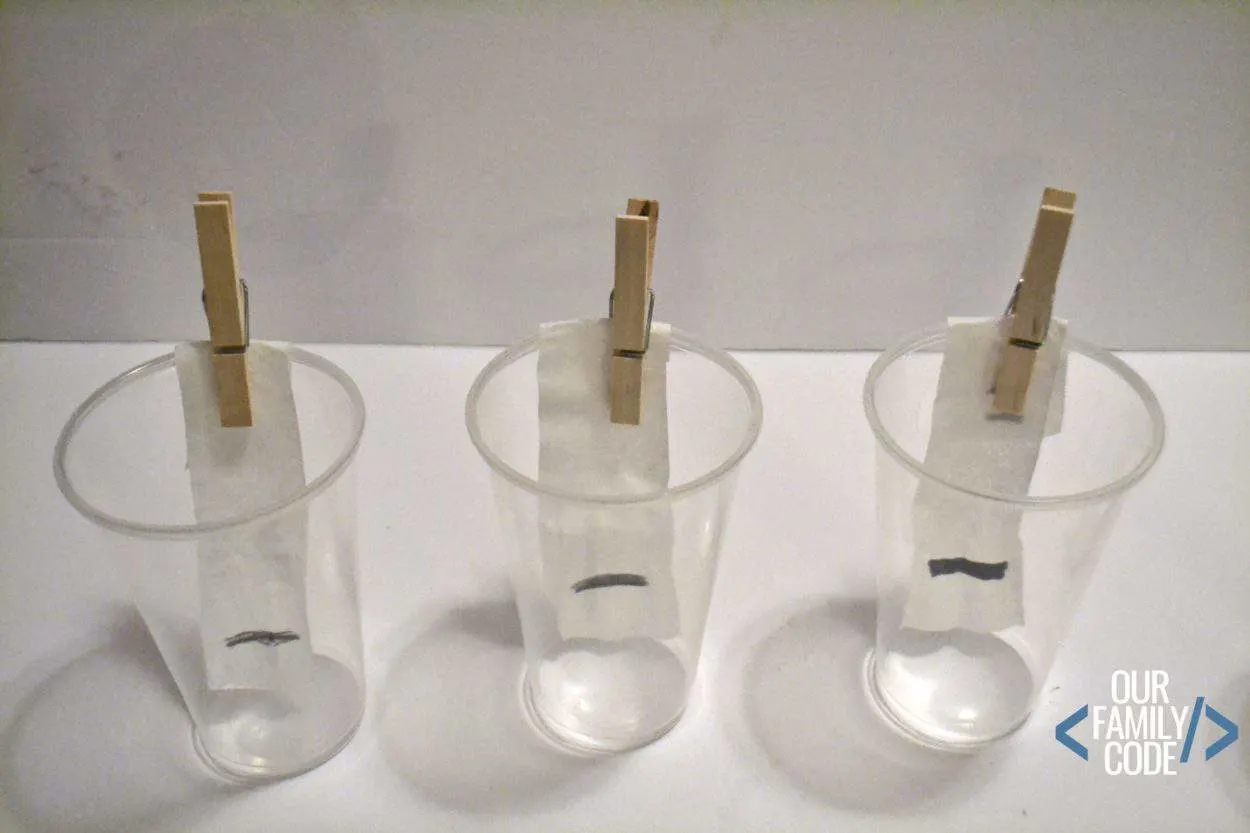
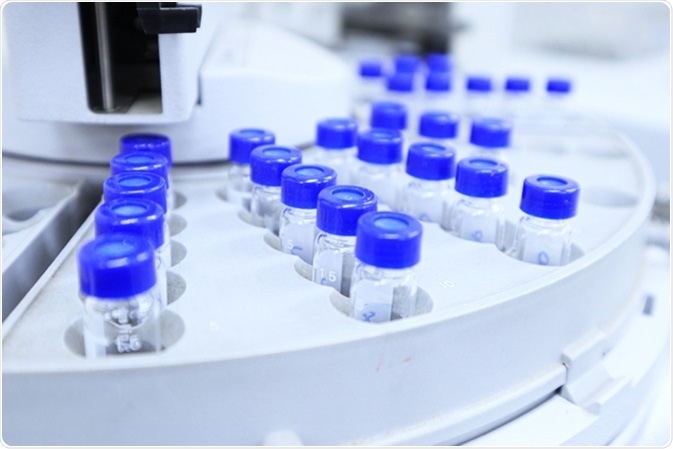

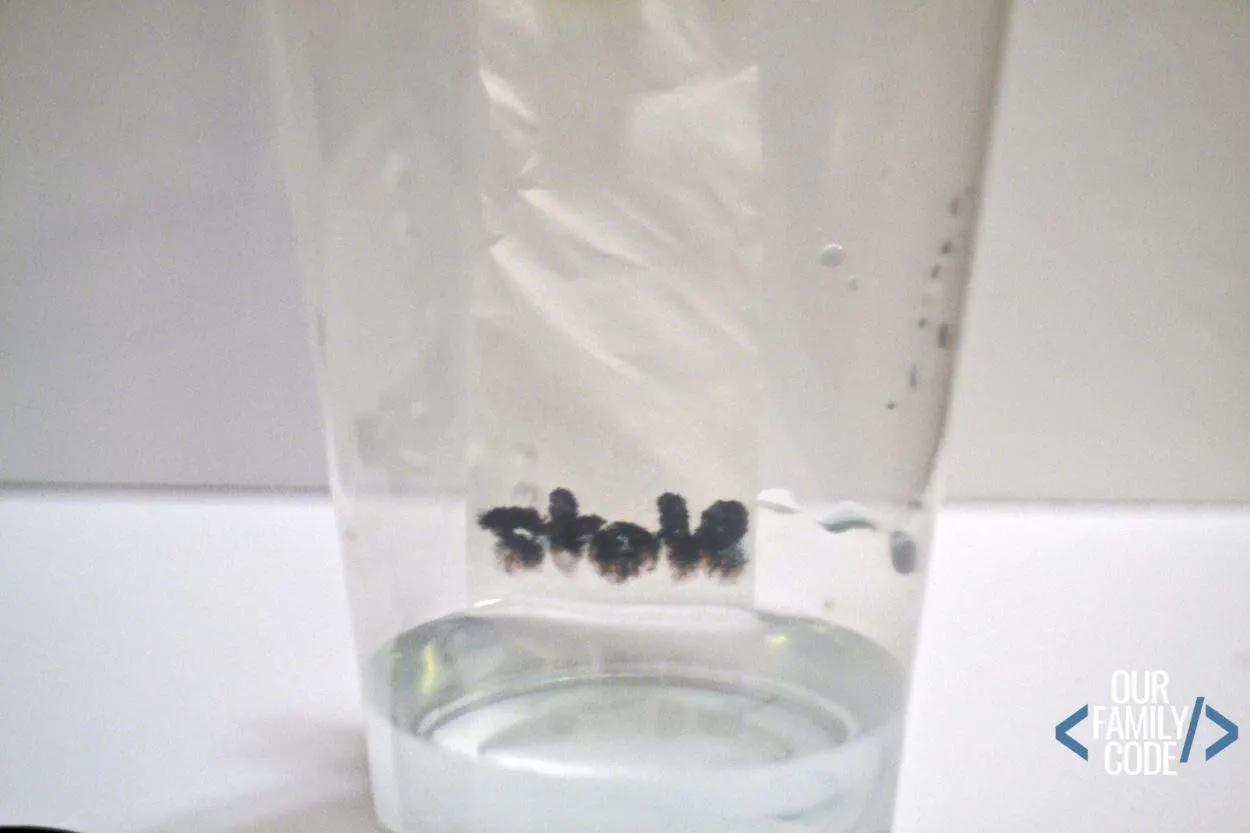

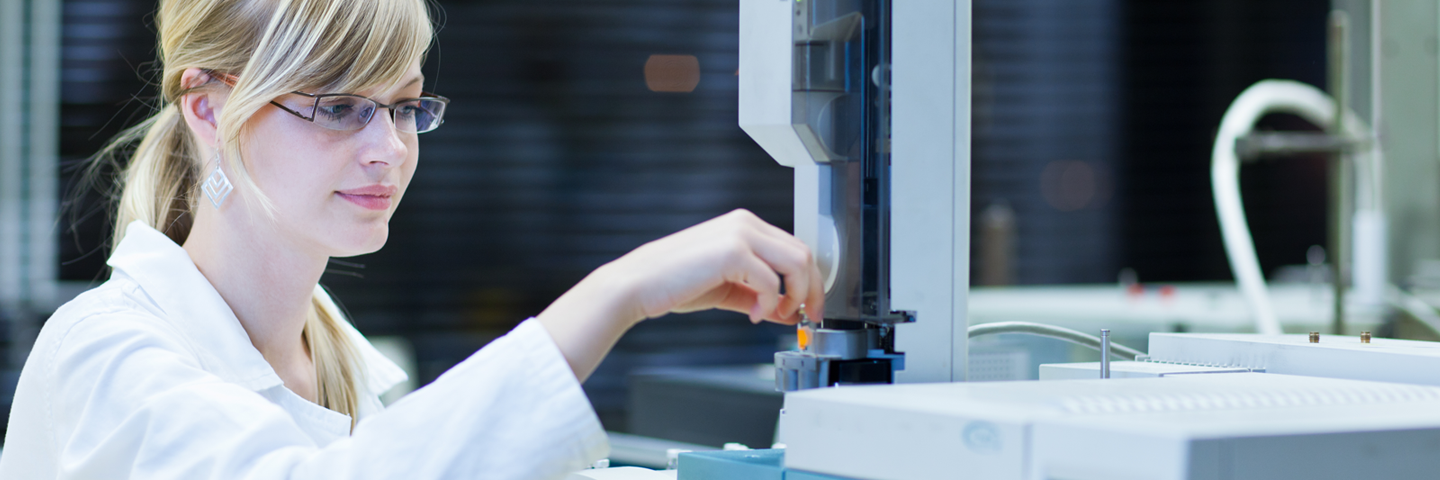




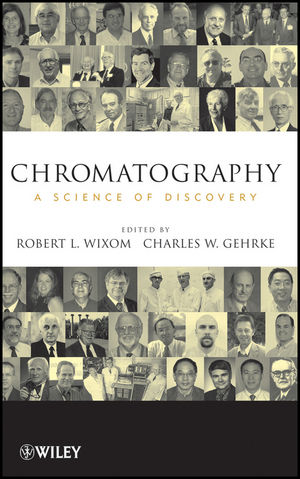
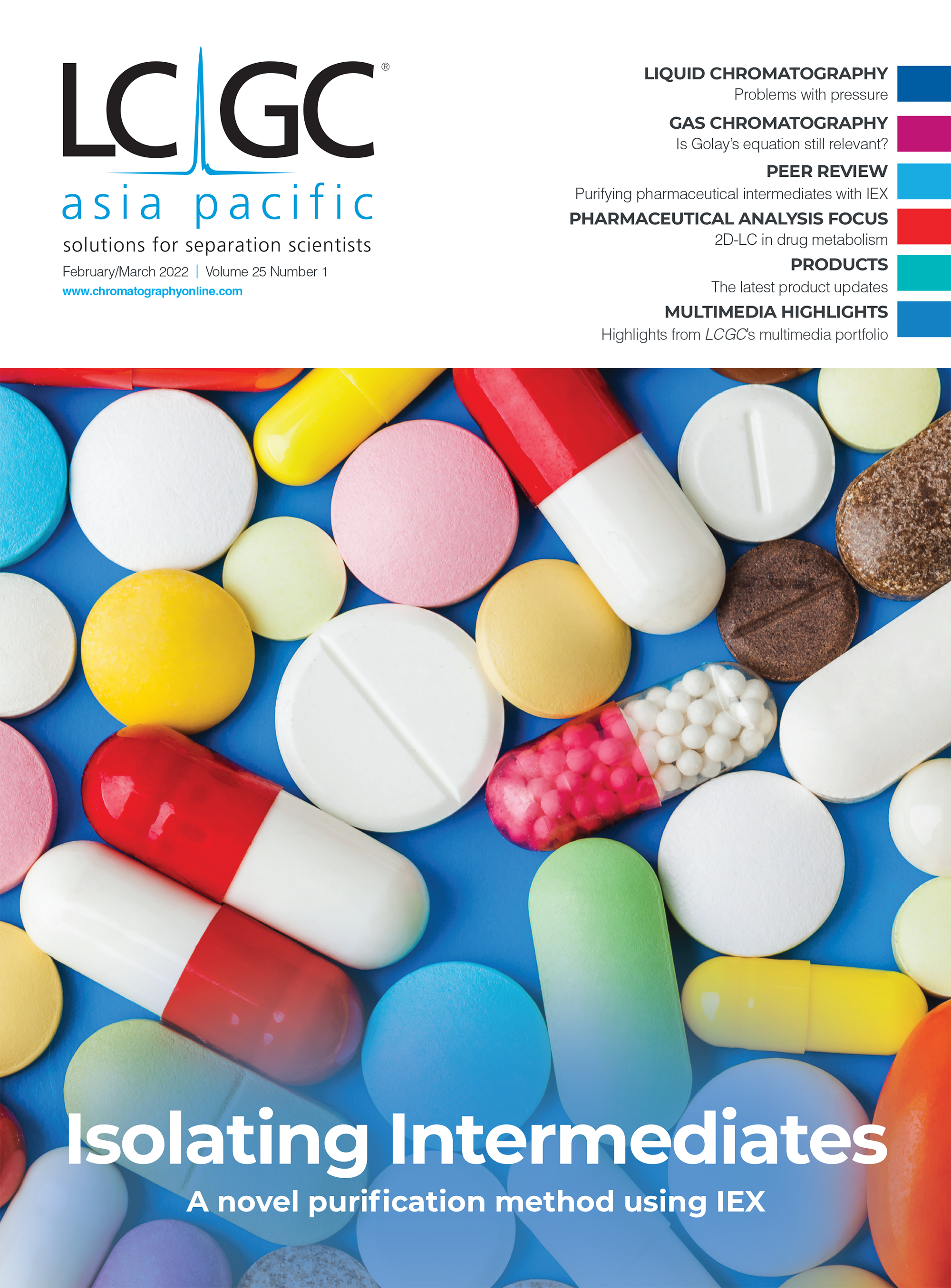
0 Response to "39 why do scientists use chromatography"
Post a Comment